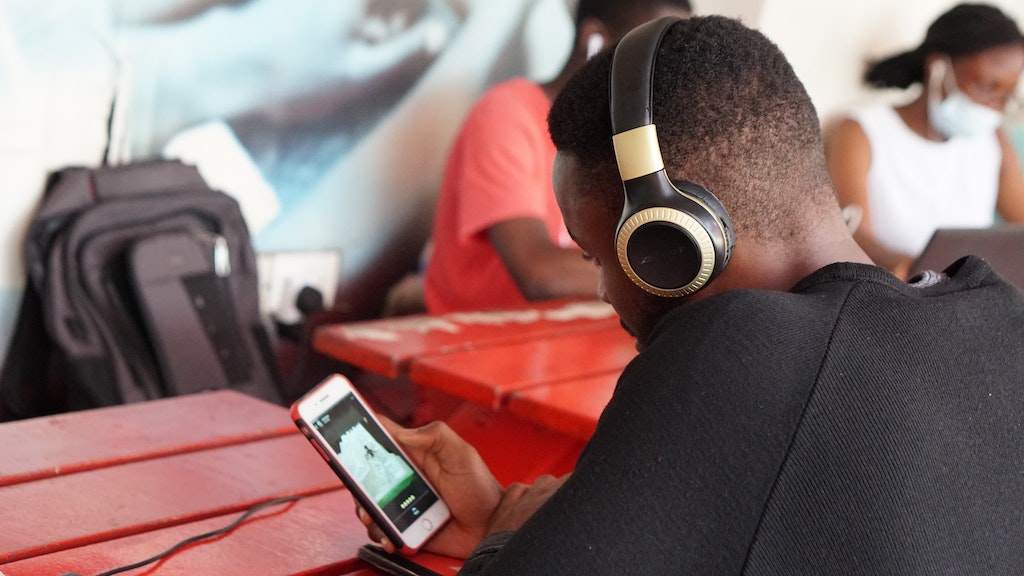Published
Wed, Sep 22, 2021, 11:25
- Using epidemic curves to understand the spread of music, the easy-listening genre was found to be more transmissible than measles.

A recent study has found electronica to be the most "infectious" musical genre, the Guardian reports.
Led by McMaster University graduate Dora Rosati, a team of mathematicians decided to use epidemic curves to learn more about how songs become popular. The study shows that the pattern of electronic music downloads after release closely parallels statistical models for the spread of infectious disease.
Using a database of nearly 1.4 billion song downloads from the former music streaming service MixRadio, the team found that the top 1000 songs downloaded in the UK between 2007 and 2014 resembled the SIR model, which is a classic model of epidemic disease.
Published in "Proceedings Of The Royal Society A: Mathematical And Physical Sciences," the report saw that the model, typically used to visualize the spread of disease in a large population, was also successful in describing song download trends.
"It implies that a lot of the social processes that drive the spread of disease, or analogues of those processes, might also be driving the spread of songs," Rosati said. "More specifically, it supports the idea that both music and infectious diseases depend on social connections to spread through populations."
The study also noted the basic reproduction number (R0), which is a rating of a disease's ability to spread, for different music genres.
With R0 scores at 2.8 and 3.7 respectively, dance and metal had the lowest median R0 scores. Pop, rock and hip-hop were more "infectious" across an exposed population of fans, while electronica had the highest R0 of 3,430. For reference, the genre is approximately 190 times more transmissible than measles, which has an R0 of about 18.
"Diseases are limited in how they can spread by requiring physical interaction," said Dr. Thomas Rawson, a disease modeler at Imperial College London. "The reason why we might see some really sky-high R0s for songs is that you can just make a tweet and you have already infected a hundred people. You can spread a song disease far quicker than you could an infectious disease."
He added: "There are probably a lot of people in a population that may already be immune to a genre like electronica, because of their existing tastes. My nan, for example, is particularly resistant to the infection of trap and dubstep."
Rosati infers that a reason for electronica's high levels of transmissibility could be because it is distributed outside of passive means like radio. "Maybe what those numbers are telling us," she said, "is that electronica fans tend to be more passionate about their favourite songs... Or maybe the social network of electronica fans is more strongly connected."
Read the report in full.